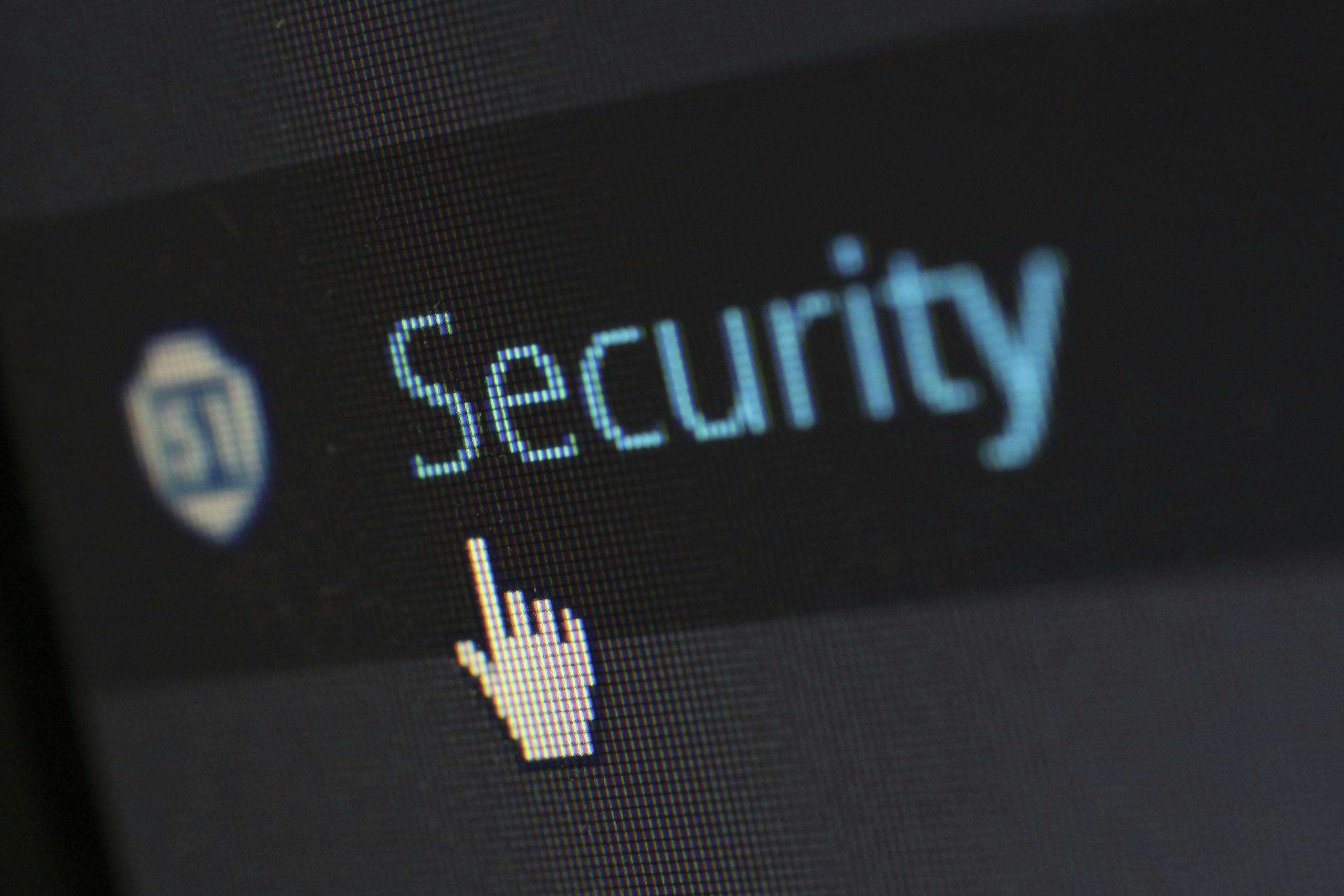Cybersecurity: 10 Tips to Keep Your Company Safe ! 🛡
1. Implement Strong Password Practices
One of the simplest yet most effective ways to protect your company’s data is by employing strong password practices.Consider requiring your team to use password managers, enable two-factor authentication (2FA), and avoid reuse of password across multiple platforms.
Consider LastPass or 1Password for password storage.
2. Keep All Software Updated
Cybercriminals frequently exploit vulnerabilities in outdated software.Make sure your operating systems, antivirus programs, firewalls, and all other business software are up to date with the latest patches.
Consider employing automated patch management tools to aid your team.
3. Implement Multi-Factor Authentication
Multi-factor authentication (MFA) adds an additional layer of security.Instead of accessing your account with just a password, you’re forced to confirm your identity with something you know, something you have, or something you are (like a fingerprint).
Consider adding Google Authenticator or Microsoft Authenticator for all your enterprise accounts.
4. Provide Security Awareness Training
Your team is your first and best defense against cyber attacks.Train them to recognize phishing emails, suspicious attachments, unusual messages, and social engineering attacks.
Consider organizing quarterly workshops or adding online training from platforms like Proofpoint or SANS Security Awareness to keep their vigilance high.
5. Implement Role-Based Access Control
Limit the amount of data each team member can access to reduce the attack surface.Grant permissions only to those who need them for their roles.
This policy prevents a compromised account from causing catastrophic damage across your enterprise.
6. Develop a Cyber Incident Response Plan
Every business should be prepared for a cyber attack — it’s a matter of “when”, not “if.”
Create a clear incident response plan that specifies responsibilities, communication protocols, containment procedures, and recovery processes.
Consider following guidelines from NIST or CISA.
7. Monitor Network Activity
Installing a Security Information and Event Management (SIEM) solution can aid in detecting abnormal network activity before a major breach occurs.Consider employing a platform like Splunk or LogRhythm for real-time alerts and automated incident response.
Analyze logs frequently to identify suspicious patterns or anomalies.
8. Encrypt Sensitive Data
Encrypt all sensitive data — whether it’s at rest or in transit — to aid in protecting it from theft or disclosure.Consider employing strong encryption standards, like AES-256, alongside a Public Key Infrastructure (PKI) solution for securing communication.
Encryption guarantees confidentiality and prevents unauthorized access, even if a breach occurs.
9. Perform Security Audits and Penetration Tests
One way to gauge your cybersecurity readiness is by employing a third-party team to perform penetration tests or vulnerability assessments.This lets you identify weaknesses before cybercriminals can exploit them.
Consider companies like Rapid7 or NCC Group for a comprehensive evaluation.
10. Develop a Security Culture
Security isn’t just a policy; it’s a culture.Encourage your team to be vigilant, to speak up if they see something suspicious, and to make cybersecurity a shared responsibility.
Consider rewarding employees who identify phishing emails or other vulnerabilities.
Final Words
Cybersecurity is a growing challenge for companies of all sizes.With growing cyberthreats, you must be vigilant and forward-thinking to protect your business and its stakeholders.
Applying these 10 expert tips can make a significant, measurable improvement in your company’s defenses against cyber attacks.
Stay vigilant, stay prepared, and keep your enterprise safe.
If you want to connect with a community of business innovators and cybersecurity experts, click here to join our WhatsApp community.


